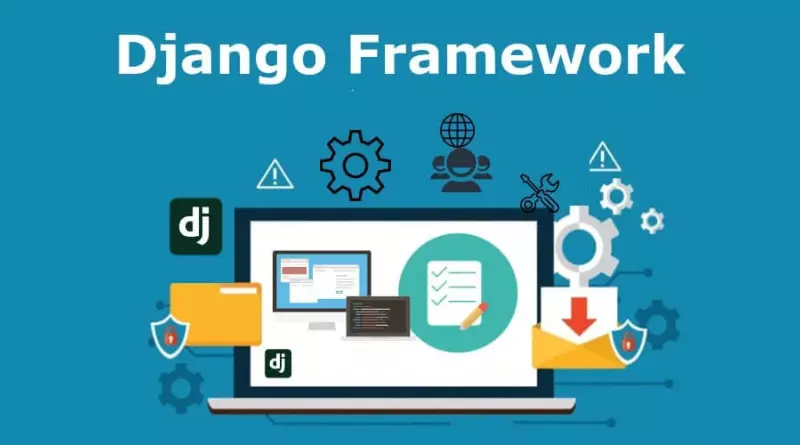Characteristics of Apps Built Using Django

Overview
Django stands as a powerful framework for creating web applications. Written in Python, it follows the Model View Template (MVT) design pattern. This framework notably reduces the time required for app development. Moreover, Django is an open-source framework known for its robust security, scalability, and flexibility. Notably, big names like Instagram, Mozilla, Pinterest, and more rely on Django to power their web apps. Its popularity has led to a high demand for skilled Django professionals.
Key Characteristics of Django-Powered Web Applications
Software and web apps created with Django possess distinctive qualities that set them apart from numerous others in the market. These applications offer a range of features that make them exceptional among the array of web apps available.
Let’s delve into the primary features of web applications developed using Django:
1.Comprehensive Design
Django applications are cohesive and well-rounded. They adhere to a consistent design approach, ensuring top-notch performance. Additionally, developers can leverage various tools and functionalities to craft distinctive web apps effectively.
2.Versatility
Django, the web app development platform, empowers developers to create remarkably versatile applications. This framework is instrumental in constructing high-performance websites and apps. Furthermore, it can deliver content in multiple formats, including HTML, JSON, RSS feeds, XML, and more.
3.Security at its Core
Developers utilizing Django are better equipped to sidestep common security pitfalls. This platform has been engineered to proactively shield websites. Moreover, Django empowers users to manage their user accounts and passwords with robust security measures.
4.Scalability
Software and web apps fashioned with Django exhibit excellent scalability. The framework’s architecture allows different segments of the app to scale up or down based on traffic fluctuations.
5.Easy Maintenance
Django code is highly manageable and maintainable. This translates to effortless maintenance of software built on the Django web development framework. Furthermore, Django embraces the “Don’t Repeat Yourself” (DRY) principle, minimizing redundant coding. This results in swifter and more streamlined web app development.
6.Cross-Platform Compatibility
Django is crafted using Python, a versatile programming language that runs on various platforms like Windows, macOS, Linux, and more. Consequently, applications developed using the Django framework can be deployed across multiple platforms, making them exceptionally portable.
Advantages of Django: Making Web Development Easier
Django is a reliable, open-source framework for crafting web applications swiftly.
Let’s explore the significant perks of Django that position it as an excellent choice for web application development:
1.Automated Admin Panel:
Django’s Auto-Generated Admin Panel saves time by streamlining admin interface creation.
2.Fully-Featured:
This framework is packed with features, enhancing developer efficiency and effectiveness.
3.Security Assurance:
Django offers robust protection against security threats such as SQL injections, clickjacking, and cross-site scripting.
4.Scalability:
It excels in handling high website traffic, making it ideal for scalability.
5.Versatility:
Django empowers users to manage content, computing platforms, and large organizations effectively.
6.Abundant Resources:
With an extensive Python-based library, Django supports building large-scale applications.
7.User-Friendly:
Designed for easy use, Django accelerates web developers’ workflow.
8.Wide OS Support:
Django is compatible with various operating systems like Windows, MacOS, and Linux.
9.MVC Approach:
Following the MVC (Model View Controller) development pattern, Django speeds up development tasks.
10.Active Community:
Django enjoys strong community support, with developers, programmers, and users contributing fresh plug-ins to enhance web development experiences.
Conclusion
In conclusion, Django stands as a strong framework for web application development. It’s built with Python and follows the Model View Template (MVT) design pattern. Using Django considerably speeds up application building time. Today, Django has become one of the most popular web application frameworks, leading to a high demand for professionals skilled in Django Training.
Software and web apps created with Django have distinct qualities. They are versatile, secure, and easy to maintain. These applications are also scalable and portable. Django is compatible with various operating systems like Windows, MacOS, and Linux, and it benefits from a robust community support network.




